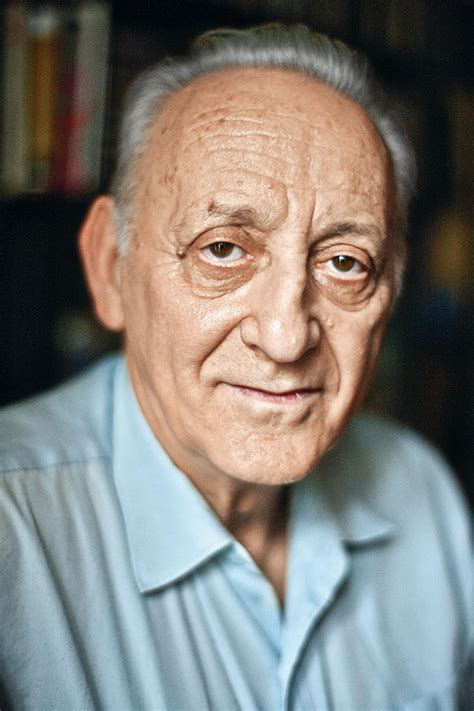Naum Kleiman
Country:
Moldova
Company:
Entertainment
During the Second World War, Naum Kleiman was evacuated with his mother to the Urals, and his father joined them as a labour battalion conscript. They returned to Chisināu in 1946, but on 6 July 1949 they were all deported to the abandoned village of Yunka near Guryevsk to work in former gold mines, which produced no gold. Naum was, however, allowed to attend school in the neighbouring village of Barit, and then in the city of Guryevsk in spring 1950.
Each new permission was for him a step towards freedom. He appreciates the behaviour of the local people and respects the teachers and headmasters who taught him. In 1955 he was released and was preparing to go on to higher education in Frunze (Bishkek), Kyrgyzstan, when he saw an advertisement for a course at the Gerasimov Institute ofCinematography (VGIK) in Moscow. For some reason he can't now recall he applied and was accepted. So off he went to Moscow, a further step up
in his quest for freedom. He graduated from the VGIK, where during the Khrushchev Thaw lecturers and students were rediscovering the hidden history of Soviet and other cinema. He became aspecialist in films, especially those ofEisenstein, which enabled him to travel despite his status as a former special settler. From 1992 to 2014 he was manager of the Moscow State Central Cinema Museum and director ofthe Eisenstein
which enabled him to travel despite his status as a former special settler.
